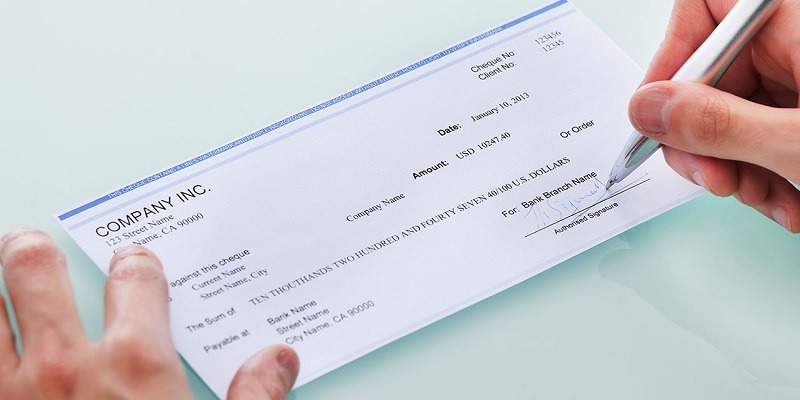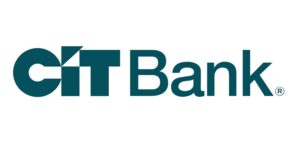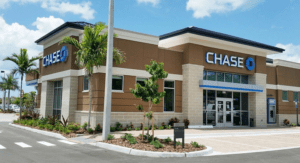
Unlike a personal check, a cashier’s check is issued by the bank and not drawn from your personal account. Although cashier’s checks are normally considered safer than a personal check, they are also used in check scams that leave their victim responsible for paying back the money the scammer took. To learn how to avoid cashier’s check scams and fraud, continue reading below.
Types of Cashier’s Check Scams
The most common types of cashier’s check scams involve getting the victim to deposit a fake check and wire transfer the money back to the scammer. Here are a couple of things to look out for.
Mystery Shopper Scams
The job of a mystery shopper is to make purchases and then filling out reports about their experience. Legitimate companies will use this method when they want to see how their stores are doing.
Scammers exploit this by hiring mystery shoppers for a fake bank or wire transfer service. The shopper gets a check to deposit in his account and is asked to wire funds to a third party.
Craigslist Scams
Craigslist scams consist of offering to purchase an item seen on the site by depositing using a cashier’s check.
A big sign of such a scam would be if they offer a cashier’s check for more than the stated purchase price to try and show good faith. Then, they would ask the seller to refund the extra money through wire transfer.
Work-From-Home Scams
Some scammers will do all their crimes from home-based jobs. They will try to pay you before you’ve done any work and again, paying more money than initially asked. Then, they will ask you to wire back the excess money.
Property Rental Scams
Property rental scams target both renters and landlords. Scammers may advertise and accept a deposit for a rental property they don’t actually own or manage.
Posing as a renter, they may pay for the initial rent, deposit and fees with a cashier’s check but back out of the deal at the last minute. When the landlord returns the money, they may discover that the cashier’s check was fraudulent.
Foreign Lottery Scams
This type of scam can take many forms. Some of which can include a scammer claiming that they have won a lottery, inherited money, or saving a large amount of money in the bank.
They will tend to ask you to deposit a cashier’s check and wire a portion of it back to them. The check won’t clear, and the victim will have lost the portion they wired.
How To Spot a Fake Cashier’s Check
A fake cashier’s check can be quite convincing, but there are some signs that can tell you that it is fake. The Federal Deposit Insurance Corp. and AARP Bulletin offer these tips for spotting phony cashier’s checks:’
- Verify the name of the bank.
- Call the bank’s official phone number (not necessarily the one printed on the check) to verify the check.
- Look for a perforated edge indicating the check was printed on a business printer.
- Note stains, gaps and pen strokes that suggest the signature was scanned or forged.
- Note a poor-quality logo or the absence of a logo.
- Look out for mismatched check numbers found in the top right corner and at the bottom right corner.
- Inspect the ink because fake checks often feature shiny ink used for the check, account and routing numbers at the bottom.
- Read the routing number — one that’s longer or shorter than nine digits is likely fake.
How To Report Cashier’s Check Scams
The best way to report a cashier’s check that you suspect to not be legit is telling the police and your bank. From there the Federal Trade Commission recommends you file complaints with:
- The FTC
- The U.S. Postal Inspection Service
- Your state attorney general
Additionally, you should also contact the bank whose name was used on the fraudulent check, as well as the site where you met the scammer.
How To Protect Yourself From Cashier’s Check Scams
There are some basic things that you can do to prevent yourself from being the victim of scams and cashier’s check. On top of following the tips we’ve listed above, you can also:
- Avoid work-from-home jobs, and especially mystery shopping jobs, that require you to make deposits or transfer funds.
- Research companies that hire home-based workers and mystery shoppers before you accept a position. Refuse any position that requires an upfront payment.
- Don’t agree to use wire services to send money to strangers.
- If someone makes a purchase from you using a cashier’s check, insist that the check be written for the exact purchase price.
- Only accept cashier’s checks from banks with local branches you can contact to confirm that the check is legitimate.
 |
 |
Bottom Line
If you were to cash a fake cashier’s check, you can lose a large sum of money or even face a criminal charge for a crime that you didn’t commit.
On top of paying back the money on the check, you will have to pay additional fees to cover the overdraft charges. This being said, as long as you follow the tips we’ve listed above you will be safe. For more posts like this, check out our list of bank guides!




Leave a Reply